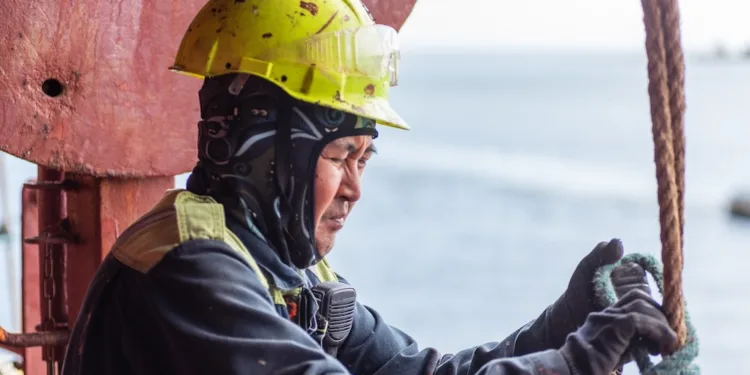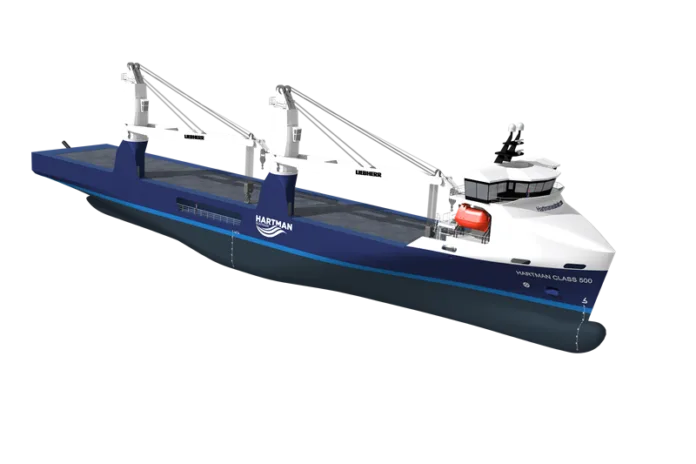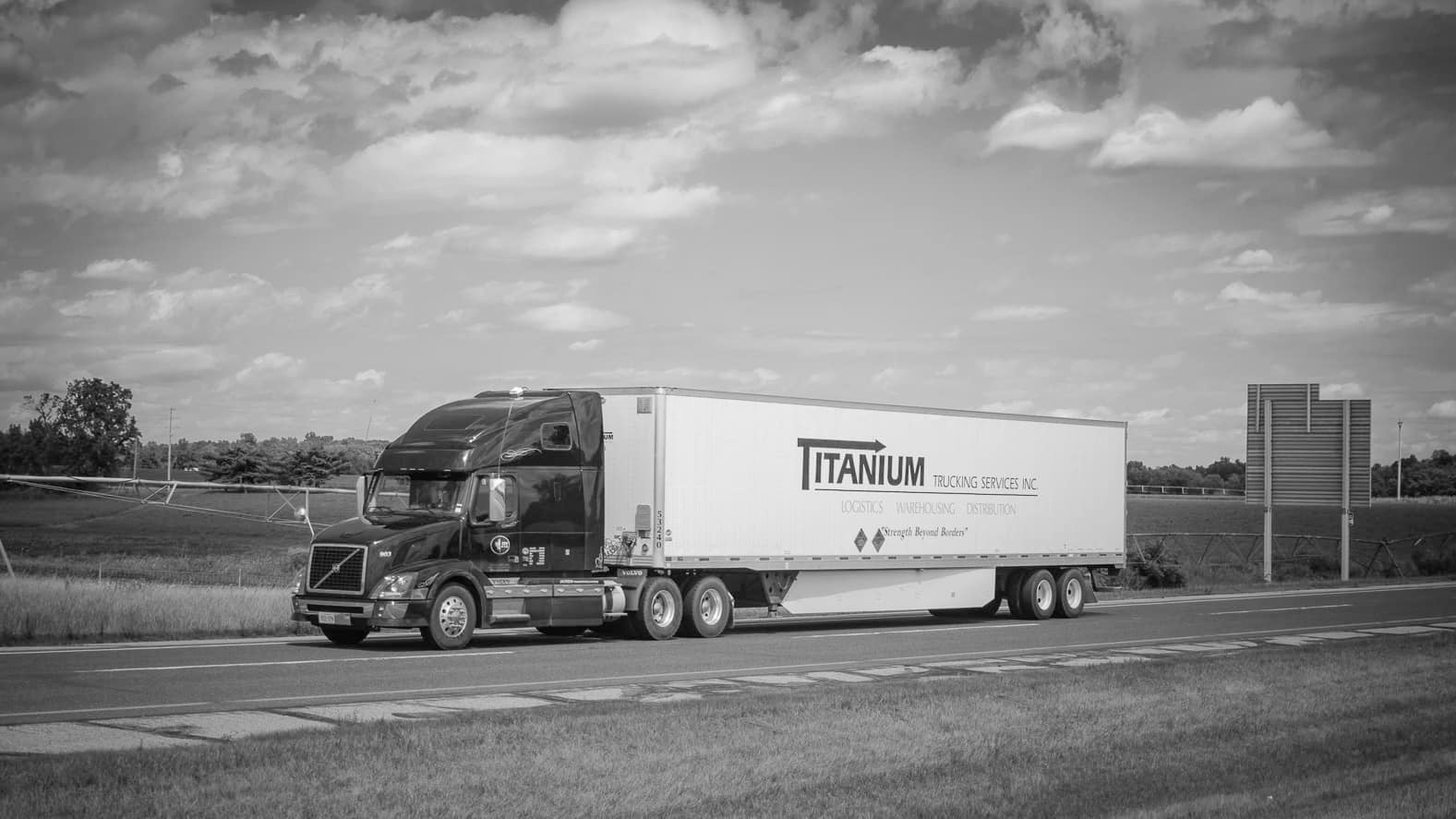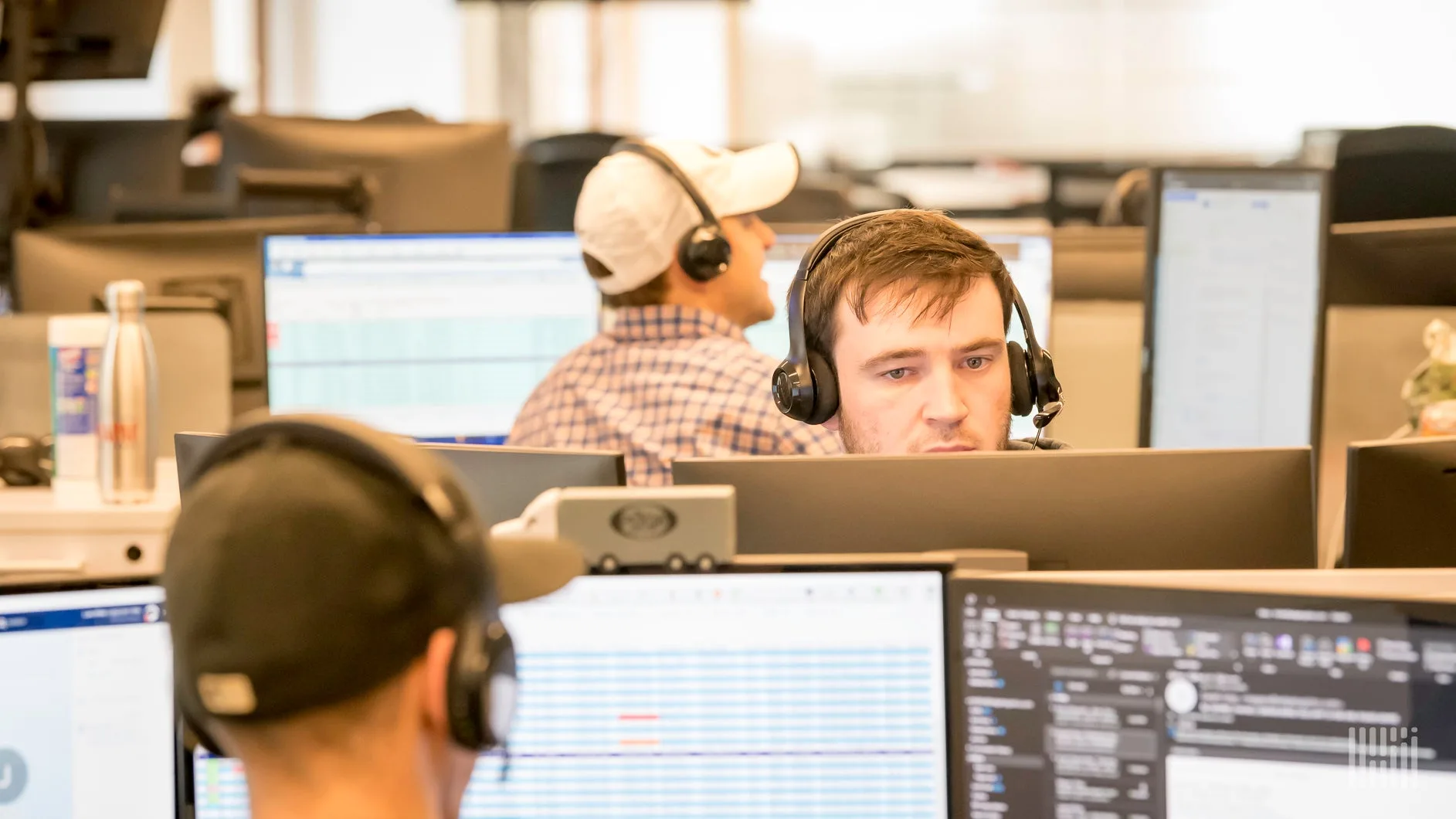Martin Hedman, director of mental wellness practices at VIKAND writes for Splash today one the need for a collective detox.
Toxic resilience. At first glance, it sounds like an oxymoron. Isn’t resilience a good thing, especially in maritime work?
It is, but only to a point. When the exceptional becomes expected, resilience shifts from strength to liability. It becomes toxic, and the consequences can create fallout that impacts every aspect of business.
Few industries test resilience as relentlessly as maritime. Crewmembers are often expected to endure immense workloads, separation from loved ones, and adversity without complaint or visible weakness. During a crisis, wherever it happens around the world, seafarers in particular pay an extraordinary personal price to keep global trade afloat.
Yet while physical injuries are plain to see, mental health struggles are easier to dismiss – and just as destructive. Burnout and depression must not become normalised as the “inevitable” cost of life at sea.
This must change.
Resilience should be a skill for navigating challenges, not a whip to drive more work from exhausted crew members. Cultures built on demand and pressure must give way to cultures that equip people with the tools and incentives to succeed. True leadership leads from behind – guiding, encouraging, empowering – rather than dragging crews forward by force.
As far back as 2017, Harvard Business Review warned of the dark side of resilience, noting that leaders prized for toughness are not always good for their teams. Leadership must be grounded in empathy, realistic demands and genuine support. Discipline alone is not enough.
Today’s maritime operators must realise that a culture of toxic resilience isn’t keeping our industry afloat. It is actively sinking it, driving good workers out of long-term careers and exacerbating an already worrying shortage of qualified seafarers.
True resilience is already embedded in seafarers. They achieve extraordinary things in the face of storms, fatigue, isolation and more. But their ability to endure hardship cannot be a license for harsher working environments year after year. It is completely unsustainable, and the end result will be an industry that can no longer attract talent.
Maritime leaders have the power to stamp out toxic resilience – and the responsibility to do so. If we are serious about preserving the future of this industry, let’s commit to a collective detox.
Every crewmember needs resilience, but no one needs the toxicity.















